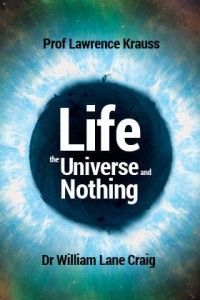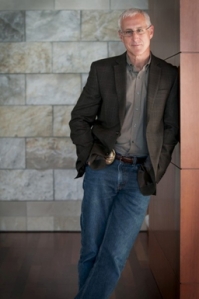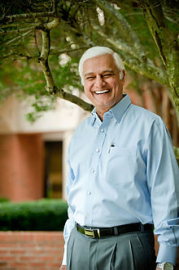Wow…It’s been a while since I’ve last blogged! I’ve been so very busy the last couple of months. Due mostly to my recent spike in responsibilities at work and even more so because of the apologetics class I’ve been co-teaching at my church. Add to that two children whom are age 2 and under and my spare time is virtually non-existent.
Fortunately, the apologetics class will be coming to an end in a couple of weeks, so I hope that will free up more time to get back to blogging. At this point, I’d like to just finish writing the multiple blogs I’ve started, but haven’t had time to refine.
Until then, I wanted to repost this blog by Maryann Spikes from The Christian Apologetics Alliance website. I found this blog interesting because I too have thought a lot about the issue of evidence and faith. I’ve posted it below….give it a read and give me your thoughts:
Does the evidence matter, or is it mere distraction?
What miraculous event would remove all doubt that God exists? I spent some time as an atheist in my early-to-mid twenties. I knew there was no convincing evidence for God’s existence. I didn’t buy the “God says it, I believe it, that settles it,” mantra, or the “Faith takes over where reason leaves off” stand-by. I still don’t, even after becoming a Christian.
Now I know the faith of the Bible is just trust. I know everybody in the Bible trusted a God who makes himself evident and keeps his promises. I know that believing without seeing is about believing before fulfillment, that God will fulfill his promise. I know, as C.S. Lewis knew (knows, really), that “Faith… is the art of holding on to things your reason has once accepted, in spite of your changing moods.” We humans too quickly forget what sort of God we are dealing with, and our faith falters, even in the midst of avalanches of evidence. Faith is not mere belief…even the demons believe.
There is a tug-of-war in the church today between those who think the evidence matters, and those who think the evidence is a distraction to faith. The evidence-matters crowd sees the church dying because it has no answers for those with doubts. The evidence-is-a-distraction crowd thinks that skeptics are like the Pharisees who used signs (evidence, answers) as a way of avoiding Jesus. That may very well be the case for some, but is it the case for all? Should we not be ready to feed the sheep who genuinely doubt there is a Shepherd?
What is behind this resistance to evidence, this embracing of unbiblically blind faith? Is it a fear that questions, doubts, and a need for evidence are automatically signs of disloyalty to God? We already saw above that faith is more than mere belief. However, does anyone trust someone if they have doubts about their existence, goodness, et cetera? Is it a fear that there is no evidence or answers? There is a wealth of evidence and answers. Is it a fear that people will be bored by learning the evidence? They are hungry for it. Granted–some are not actually hungry, but instead avoid Jesus by demanding signs. Some focus on the signs, and not what they point to. Some, but, not all. Is it a fear that people will be discouraged by their inability to grasp the evidence? God would not give them questions if they could not grasp the answers.
To the generation whose hearts were hardened, he gave no signs except his death and resurrection–just as he kept a generation of Israelites from entering the Promised Land. But did he give no signs whatsoever?–did no one enter? Jesus performed many miracles, healed many people, and ultimately rose from the dead, appearing to many after his resurrection (he let Thomas touch his wounds)–many were skeptics until the moment they saw his resurrected body. This is not a God opposed to giving answers to those who seek them. Yes, he wants our trust, but he is not a wolf that would blind seekers from the truth. He came to demonstrate his love and make it evident. He did not answer all questioners with the typical answer to “What about those who have never heard?”==>”You are without excuse.” Granted, he did not humor the Pharisees. He knew the difference between the hungry and the avoiders.
What if we pray for His discernment to know the difference between the avoiders and the hungry? What if we feed the sheep that are hungry and dying, rather than turning them away and shaming them? What if God is drawing them in through their doubts? What if they are asking, seeking, and knocking?–are we locking the door? What if the answers are the key to unlocking the door between them and Christ? Are we not commissioned to remove that distraction and unlock that door?









